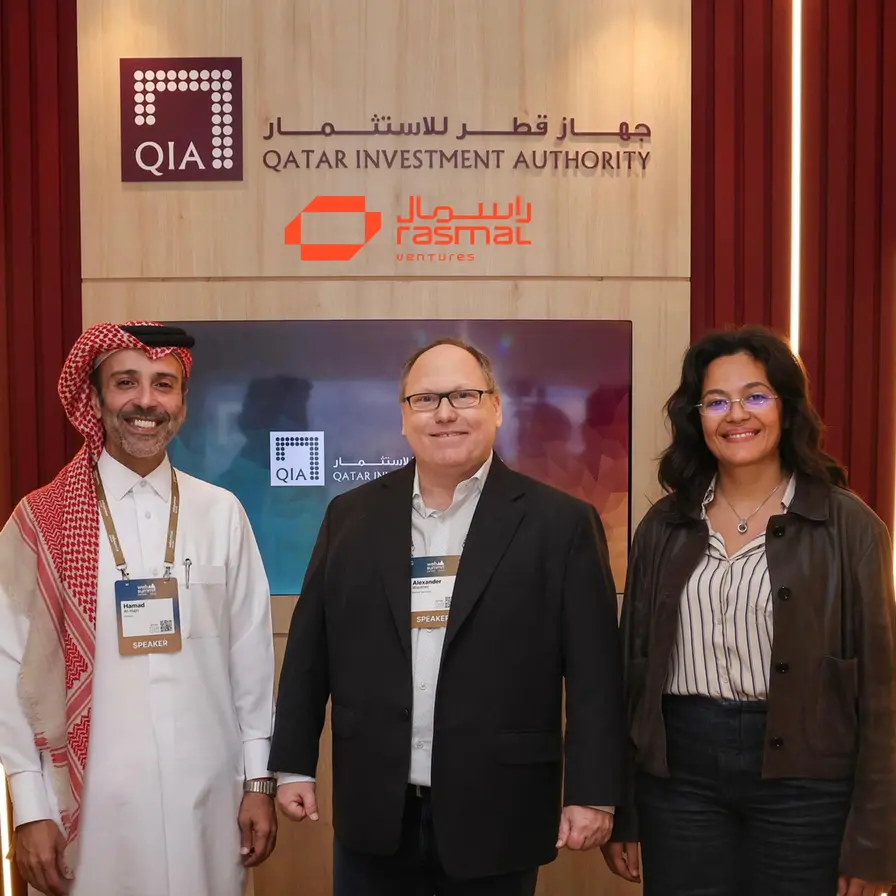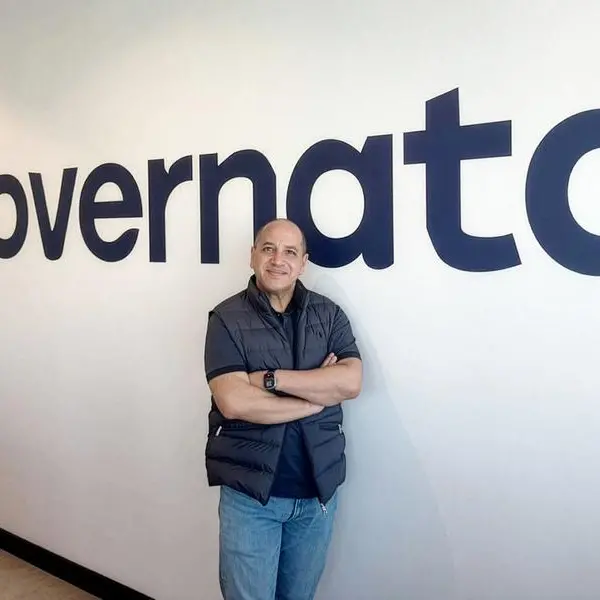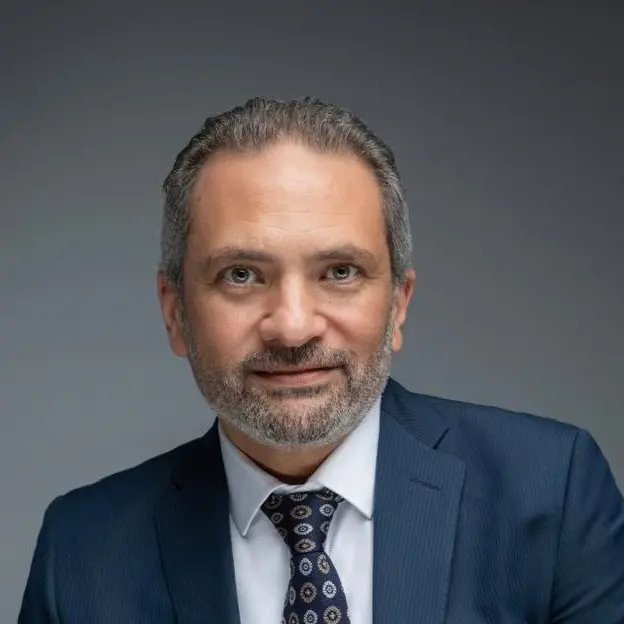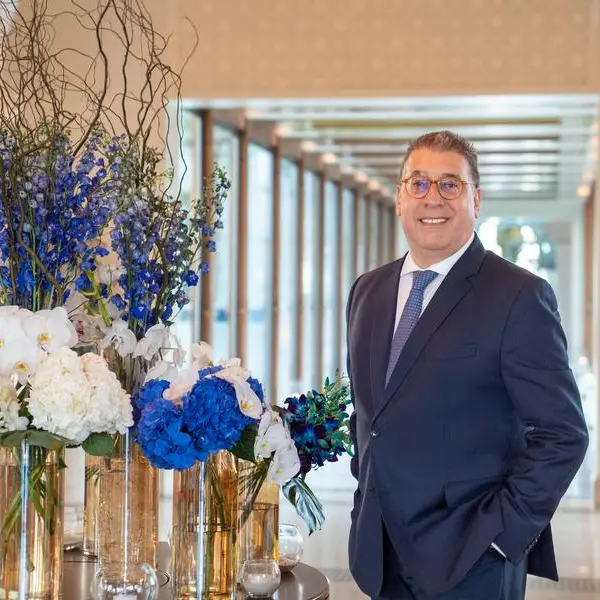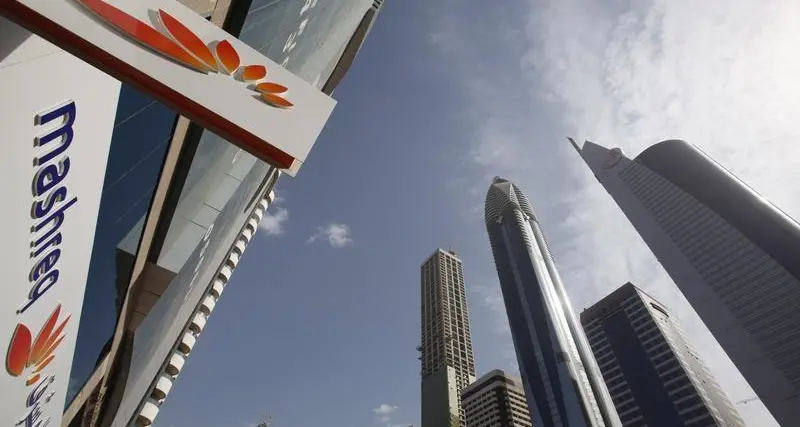PHOTO
- Oasis Agriculture Campus to help drive the regeneration of traditional agriculture and the Cultural Oasis in AlUla
- New and adapted buildings to offer contemporary interpretations of earthen architecture, while heritage buildings will be conserved and rehabilitated
- Designed by Francis Kéré, a specialist in sustainable architecture with a pioneering approach to design and sustainable modes of construction
- Campus will create a sustainable, and resilient farming community for today and tomorrow
AlUla, Saudi Arabia: The Royal Commission for AlUla (RCU) has appointed Berlin-based 2023’s Praemium Imperiale Laureate and Pritzker Prize-winner architect Francis Kéré, and architectural firm Kéré Architecture, to design the Oasis Agriculture Campus. The campus will support the regeneration and restoration of traditional agriculture by teaching local and sustainable agriculture techniques, offering education, and supporting the local economy and community.
The project falls under the HRH Mohammed Bin Salman Initiative for Cultural Oasis farmers, as part of the ambitious Journey Through Time Masterplan for the regeneration of the city.
The Oasis Agriculture Campus aims to preserve and regenerate the agricultural and cultural landscape. When built, it will:
- Provide education to entrepreneurs to develop, manage and enhance their businesses by integrating agricultural production with a touristic offer, through the teaching and learning of local and sustainable agriculture techniques, management, and business in oasis agricultural cultural landscapes
- Build an intergenerational social network of farmers to ensure the exchange and preservation of local knowledge
- Foster a sustainable local economy based on agritourism and food services, particularly the Slow Food Movement
The community-driven campus will serve as a catalyst for regeneration of the entire Cultural Oasis, conserving and rehabilitating heritage buildings in the area, while also introducing new buildings that offer contemporary interpretations of traditional earthen architecture.
The area is currently home to 6.5 hectares of active crops, as well as 9 hectares of palm grove, and a further 16 hectares of abandoned agriculture prime for regeneration. The footprint of the future campus draws on the existing souqs and walls and the geometry of heritage plots to create a space that will offer a wide array of facilities. These range from an education centre, regeneration centre and social hub, through to apprenticeship and incubator farms, nurseries, and agrotourism facilities.
Francis Kéré, is a specialist in sustainable architecture and the use of local materials, whose commissions have included the Centre for Earth Architecture in Mali; the Xylem Park visitors’ centre in Montana, made from pinewood; and the Benin National Parliament.
Abeer M. AlAkel, Chief of Special Culture Zones at RCU, said: “The Oasis Agriculture Campus will be a dynamic hub that builds educational and economic opportunities for the AlUla farming community. It will breathe new life into the Cultural Oasis and the development of contemporary earthen architecture in line with AlUla’s heritage. We are pleased to partner with Francis Kéré, whose work shares the values embedded in RCU’s commitment to the regeneration and conservation of cultural heritage.”
Francis Kéré said: "We are excited to design the agriculture campus in the Oasis of AlUla, a place that has been inhabited for over 7,000 years and holds profound historical significance. Visiting AlUla and learning about the ambitious goals of the RCU for the region has been inspiring, as we contribute to preserving, celebrating, and shaping the future of this remarkable environment and its invaluable cultural heritage.”
Kéré’s design is to be revealed in the first quarter of 2024, with the OAC scheduled to open in 2027.
Revival of the Cultural Oasis District is a flagship project for RCU in its regeneration of AlUla as a leading global destination for cultural and natural heritage. The district is being restored and is hosting community events such as agricultural festivals and farmers’ markets. This exemplifies the work of RCU in improving the quality of life for our community, by placing an emphasis on projects across education, healthcare, and connectivity.
For media enquiries please contact publicrelations@rcu.gov.sa
About the Royal Commission for AlUla
The Royal Commission for AlUla (RCU) was established by royal decree in July 2017 to preserve and develop AlUla, a region of outstanding natural and cultural significance in north-west Saudi Arabia. RCU’s long-term plan outlines a responsible, sustainable, and sensitive approach to urban and economic development that preserves the area’s natural and historic heritage while establishing AlUla as a desirable location to live, work, and visit. This encompasses a broad range of initiatives across archaeology, tourism, culture, education, and the arts, reflecting a commitment to meeting the economic diversification, local community empowerment, and heritage preservation priorities of the Kingdom of Saudi Arabia’s Vision 2030 programme.

